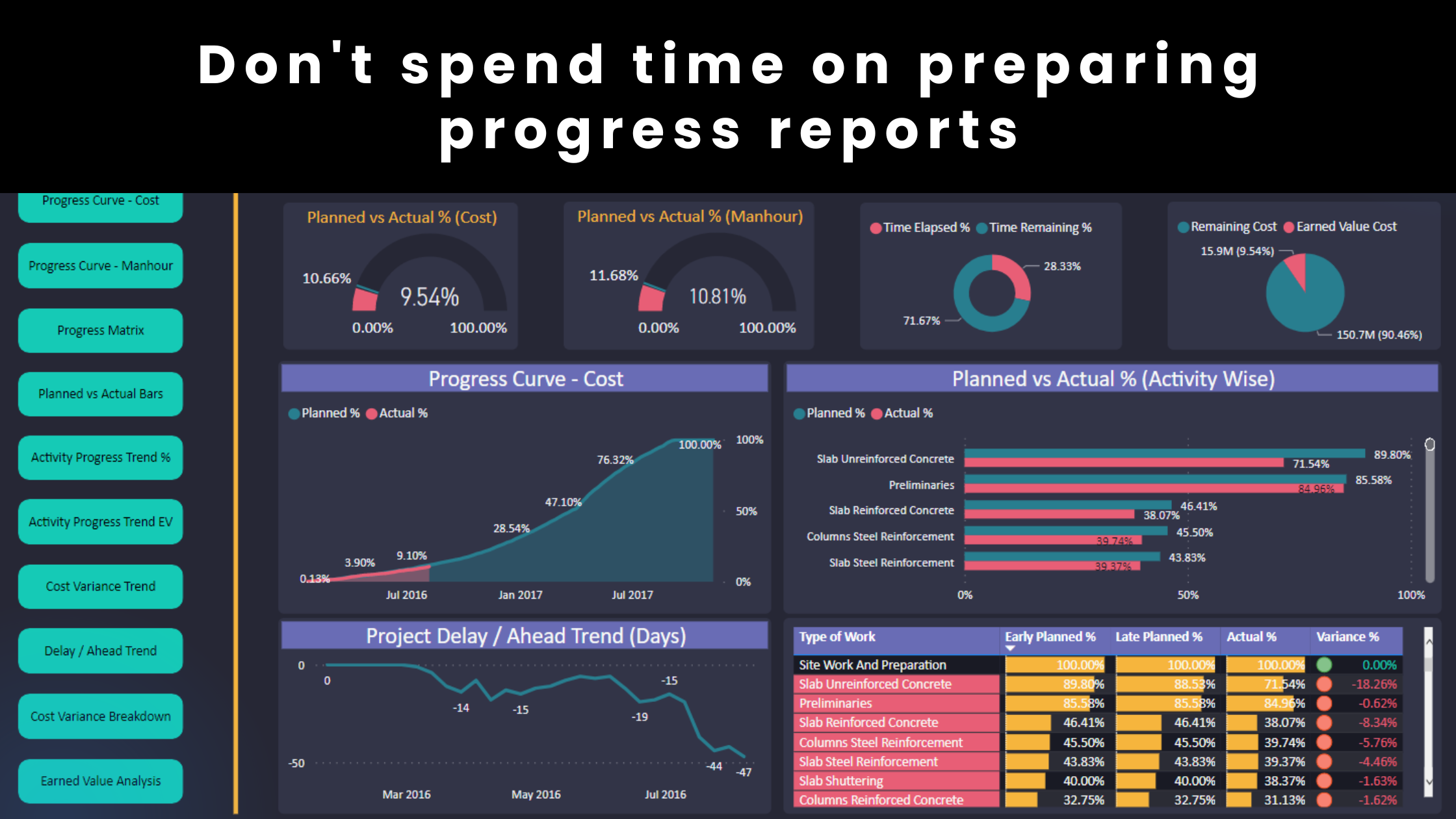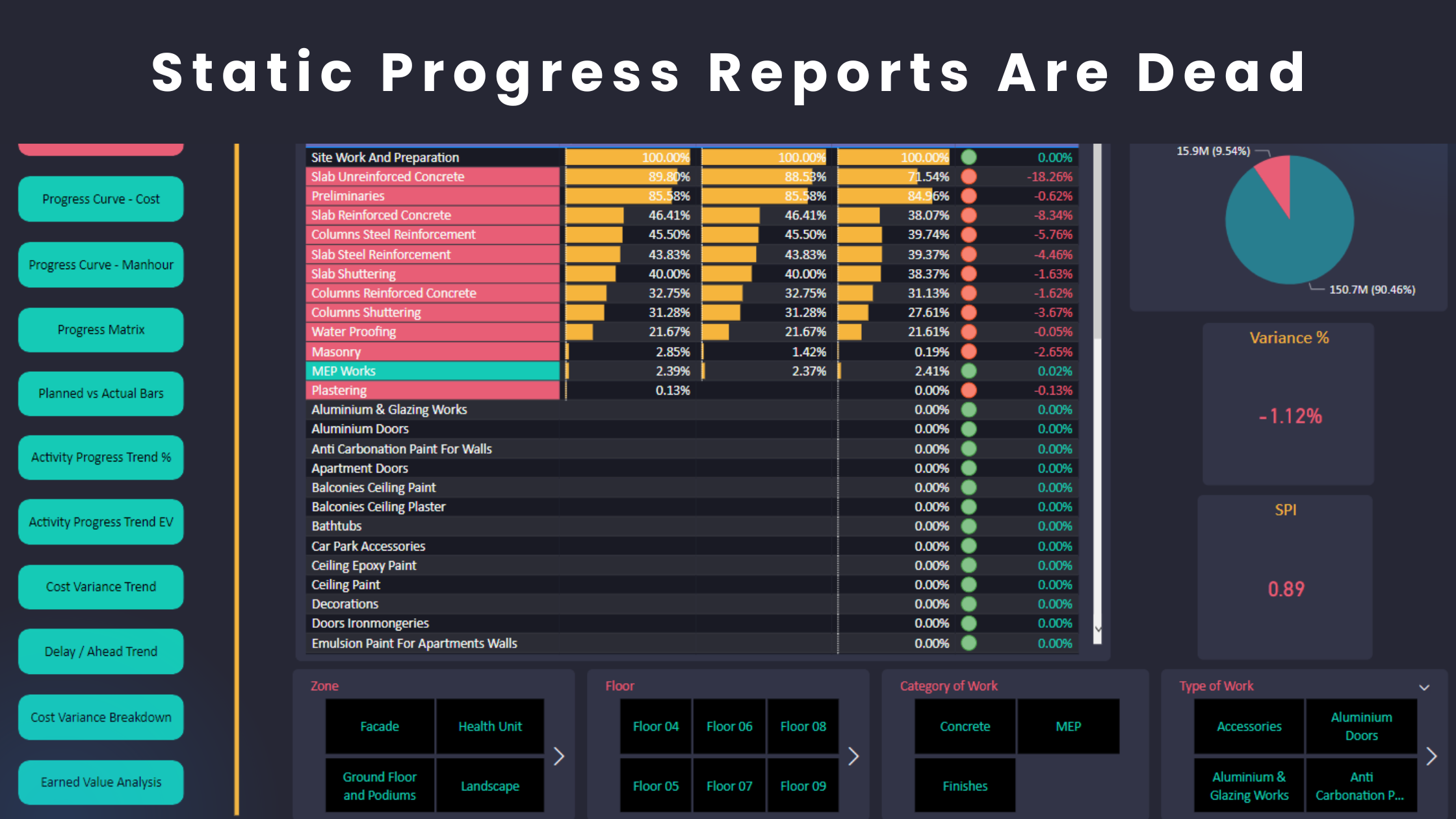Many planning engineers invest heavily in improving their planning knowledge, focusing on project scope, timelines, resource planning and deliverables. But fewer dedicate the same effort to mastering the art of scheduling.
This gap often leads to well-planned projects that fail during execution because scheduling best practices are ignored. Scheduling is more than just creating a baseline; it’s a specialized field with foundations, principles, and protocols that must be followed to maintain a reliable, realistic schedule.
Why Scheduling Is More Than Just Setting Dates
Too often, planners approach scheduling with the sole goal of producing realistic activity dates. While this is important, it’s only part of the picture. The backend configurations that includes the logic, relationships, and constraints, etc are equally important.
A static schedule quickly becomes irrelevant in a dynamic project environment. The real art of scheduling lies in ensuring that the schedule remains harmonic, flexible, and easy to maintain as the project progresses.
A well-developed schedule isn’t just about baseline creation; it’s about managing the schedule as it moves through time. The goal is to build a schedule that is both Realistic and Update-friendly
If your schedule updates consistently show unrealistic forecasts, the issue may not lie in your plan – but in poor scheduling practices.
7 Key Areas to Watch for in Your Schedule
Here are critical scheduling best practices that planners often overlook:
1- Lags
Excessive lags can cause misleading forecasts if not managed carefully. Replace lags with task dependent activities as necessary.
2- Critical Path Structure
The CPM network behaviour is very sensitive toward the critical path. A weak or inaccurate critical path results in a schedule that doesn’t reflect the true time risks. Ensure your critical path is clear and logical.
3- Total Float
Extremely high or low total float values can indicate poor schedule health. Total float review shou be a a part of your schedule quality checklist – even in the schedule updates to ensure your schedule stays relevant and reflects true project flexibility.
4- Redundant Logic
Unnecessary or redundant relationships between tasks can complicate your schedule and cause misleading forecasts.
5- Out-of-Sequence Progress
When tasks are completed out of sequence, your schedule’s logic can become disrupted. Correct out-of-sequence progress and ensure your updates reflect actual progress.
6- Logic and Resource-Driven Relationships
Many planners focus on the naturalization part of the logic (e.g. the one between block and plaster). However, the relationships that govern resource crew movements should be incorporated in the schedule too. Scheduling provides a strong framework for resource allocation.
7- Task Fragmentation
Breaking tasks into overly small fragments creates unnecessary complexity. Instead, focus on logical, manageable task sizes that make your schedule easier to track and update.
From Static to Dynamic: The Art of Scheduling for Execution
To truly excel as a project control professional, you must shift your mindset from static planning to dynamic scheduling. A dynamic schedule adapts to changes and provides reliable forecasts throughout the project lifecycle. Following scheduling best practices help you achieve this goal effectively.
In the end, scheduling isn’t just about the initial plan or the baseline. It’s about mastering the art of movement through time, ensuring that your project can adapt to reality while staying aligned with its objectives.
Conclusion
The difference between a good planner and a great project controller lies in their ability to maintain the schedule’s integrity over time. Remember, your schedule isn’t just a document — it’s a living tool that can significantly impact your project’s success.
So, take a step back from your baseline, dive deeper into the scheduling fundamentals, and start building schedules that truly work in practice.
Regards,
Osama Saad, MBA, PMP, PSP, CCP, PMI-SP
Learn More!










